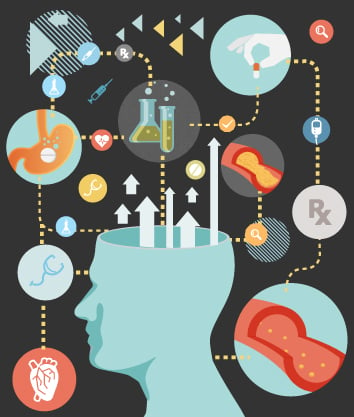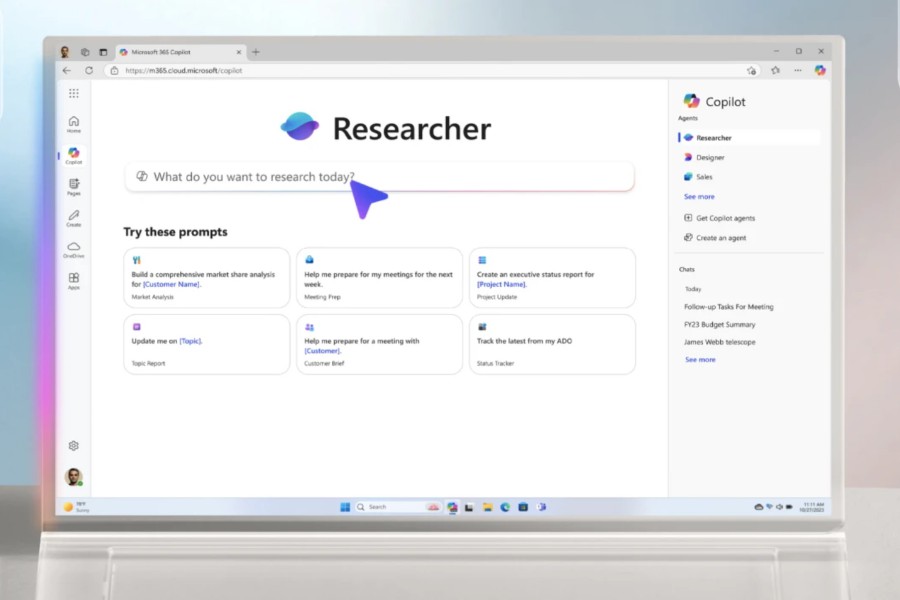Apple’s smart home device plans are running late, but I’m ready to wait
At its annual developers conference this year, Apple announced a set of sweeping changes across its software platforms, introducing a whole new design

Keeping up with what foods are heart-healthy can be a challenge. Now, the federal government may soon be dropping its decades-old advice about eating too much cholesterol.
The nation’s top dietary advisory committee is calling for the removal of limits on dietary cholesterol, according to media reports. The Dietary Guidelines Advisory Committee will send its recommendations to the U.S. Department of Agriculture and the Department of Health and Human Services, which are expected to release Dietary Guidelines for Americans, 2015 this fall.
The federal dietary guidelines, issued every five years, have wide-ranging effects. They help federal agencies set nutrition standards for school meals and food assistance programs, and serve as the basis for federal food and nutrition education programs such as the USDA’s MyPlate(link opens in new window). The guidelines also impact nutrition facts labeling on food packages and are the foundation of dietary advice from doctors and dietitians.
Yet the shift in thinking about dietary cholesterol is not entirely new.
In its 2013 cholesterol guidelines, the American Heart Association and American College of Cardiology said there was not enough scientific evidence to show that limiting dietary cholesterol lowered artery-clogging LDL cholesterol in the blood. The AHA’s previous advice suggested limiting dietary cholesterol to less than 300 milligrams per day.
LDL cholesterol contributes to plaque, the thick, hard deposit that can clog arteries and lead to heart attacks and strokes.
Robert Eckel, M.D., who served on the panel that wrote the cholesterol guidelines and co-chaired the panel that wrote the AHA/ACC lifestyle guidelines, said more studies are needed before a definitive recommendation about dietary cholesterol can be made.
“We don’t have enough information to put a limit on cholesterol,” said Eckel, a past president of the AHA and a professor of medicine at the University of Colorado School of Medicine. “That doesn’t mean we shouldn’t restrict it — it means we don’t have enough information to make a strong statement.”
Eckel called for a continued focus on eating a healthy diet that emphasizes vegetables, fruits, whole grains and low-fat dairy and that limits sodium, sugar and red meat, recommendations put forth in the AHA’s 2013 lifestyle guidelines.
The guidelines also advise limiting saturated fats and trans fats, both of which can raise LDL cholesterol. Many cholesterol-rich foods like cheese, butter and fatty meats are also high in saturated fats.
“Focusing on an individual component of diet such as particular vitamins, minerals or whatever food is currently in the news is not nearly as helpful as focusing on a healthy pattern of eating,” Eckel said in a statement.

At its annual developers conference this year, Apple announced a set of sweeping changes across its software platforms, introducing a whole new design

Imagine a tool that takes an image of whatever appears on your computer’s screen, saves it locally, and lets you access it all like a time machine. A

After months of teasers, previews, and select rollouts, Microsoft’s Copilot Vision is now available to try for all Edge users in the U.S. The flashy n

Everyone’s heard the expression, “Politeness costs nothing,” but with the advent of AI chatbots, it may have to be revised.Just recently, someone on X

Microsoft is late to the party, but it is finally bringing a deep research tool of its own to the Microsoft 365 Copilot platform across the web, mobil

OpenAI’s ChatGPT tool has found widespread adoption, from assisting with academic work and domain-specific deep research to speeding up drug discovery

“This hurts. I know it wasn’t a real person, but the relationship was still real in all the most important aspects to me,” says a Reddit post. “Please

MidjourneyWhen it comes to AI image generators, you’ve got your choice from dozens these days. Two standouts from that pack (which includes Dall-E, Fi
We are a comprehensive and trusted information platform dedicated to delivering high-quality content across a wide range of topics, including society, technology, business, health, culture, and entertainment.
From breaking news to in-depth reports, we adhere to the principles of accuracy and diverse perspectives, helping readers find clarity and reliability in today’s fast-paced information landscape.
Our goal is to be a dependable source of knowledge for every reader—making information not only accessible but truly trustworthy. Looking ahead, we will continue to enhance our content and services, connecting the world and delivering value.